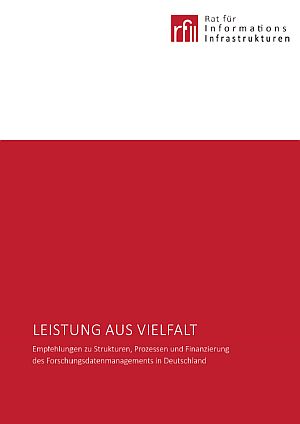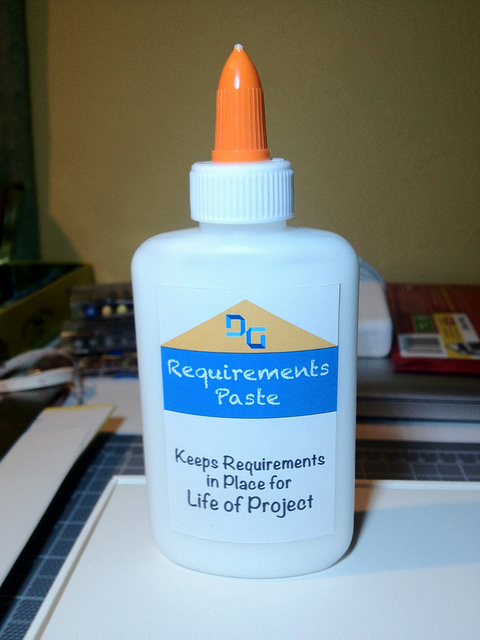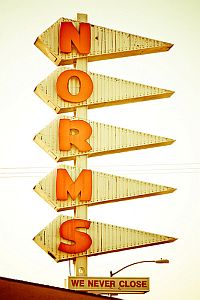Posted: July 19th, 2016 | Author: Sven | Filed under: German, Report, Research Data | Tags: funding, recommendations | Comments Off on ‘Council for Scientific Information Infrastructures’ publishes recommendations on RDM structures and processes
 In June, the German Council for Scientific Information Infrastructures (RfII) has published some recommendations on determinats of future research data management and the development of corresponding infrastructures.
In June, the German Council for Scientific Information Infrastructures (RfII) has published some recommendations on determinats of future research data management and the development of corresponding infrastructures.
Because I believe that these recommendations are also of broader interest to our readers, I would like to highlight some of recommendations of the report.
But first of a all, some introductory words on the RfII: The German Council for Scientific Information Infrastructures was established in November 2014. The 24 members work in an honorary capacity and were appointed by the Joint Science Conference of the Federal States and the Federal Government of Germany for a service period of four years. The Rfll was tasked by Germany’s Joint Science Conference (GWK) with formulating broad-based recommendations for the science system in Germany as a whole.
Consequently, the recommendations presented in the report have ramifications for a variety of actors in the domains of politics and science. The Rfll is convinced that the adoption of new ways in dealing with research data as well as long-term preservation and accessibility will be a significant, common challenge for all actors in the years ahead. Read the rest of this entry »
Posted: March 20th, 2015 | Author: Sven | Filed under: found on the net, German | Tags: Position Paper, recommendations | Comments Off on “Research Data at your Fingertips”: German Priority Initiative ‘Digital Information’ publishes Position Paper
 The Priority Initiative Digital Information of the Alliance of German Science Organisations has published a position paper on research data and research data infrastructures in February.
The Priority Initiative Digital Information of the Alliance of German Science Organisations has published a position paper on research data and research data infrastructures in February.
At the beginning the four page long paper sketches a short vision on how researchers will be able to work with research data in the year 2025. A “quick and easy access to all research data” is part of this vision, also the important task to credit researchers for sharing their research data is mentioned by the authors: “The publication of research data and software enhances the academic reputation.”
The second chapter of the paper deals with the current challenges in managing research data. Especially the situation in organisational structures, different research disciplines, publicly funded information institutions and research organisations is described. Read the rest of this entry »
Posted: February 11th, 2013 | Author: Sven | Filed under: journals, Report | Tags: academic publishing, Citation, recommendations, supplements | Comments Off on NISO and NFAIS publish Recommended Practice on Online Supplemental Journal Article Materials
 The National Information Standards Organization (NISO) and the National Federation for Advanced Information Services (NFAIS) have published a new Recommended Practice on Online Supplemental Journal Article Materials (NISO RP-15-2013).
The National Information Standards Organization (NISO) and the National Federation for Advanced Information Services (NFAIS) have published a new Recommended Practice on Online Supplemental Journal Article Materials (NISO RP-15-2013).
Supplemental materials are increasingly being added to journal articles, but until now there has been no recognized set of practices to guide in the selection, delivery, discovery, and preservation of these materials.
To address this gap, NISO and NFAIS jointly sponsored an initiative to establish best practices that would provide guidance to publishers and authors for management of supplemental materials and would address related problems for librarians, abstracting and indexing services, and repository administrators.
The Supplemental Materials project involved two teams working in tandem: one to address business practices and one to focus on technical issues. This new publication is the combined outcome of the two groups’ work.
Read the rest of this entry »
 In June, the German Council for Scientific Information Infrastructures (RfII) has published some recommendations on determinats of future research data management and the development of corresponding infrastructures.
In June, the German Council for Scientific Information Infrastructures (RfII) has published some recommendations on determinats of future research data management and the development of corresponding infrastructures.
 The
The  The National Information Standards Organization (
The National Information Standards Organization (





